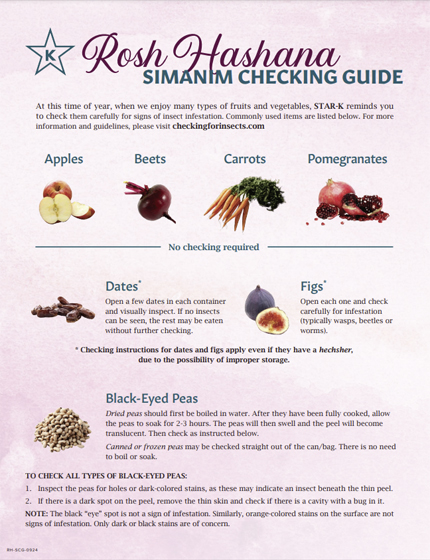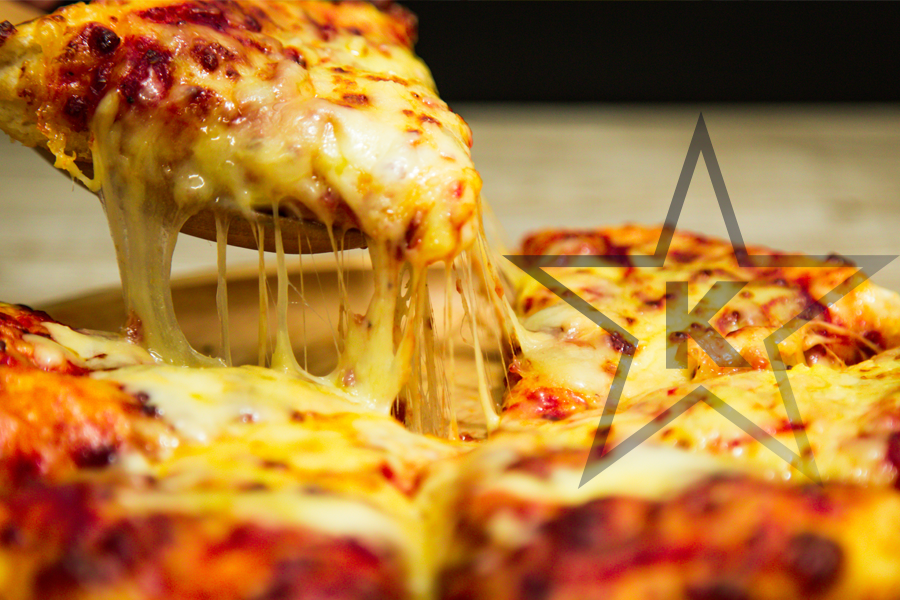Arba Minim with Rabbi Mordechai Frankel
A special episode focusing on the Halachos of the Arba Minim: Esrog, Lulav, Hadassim, and Aravos.
Rabbi Frankel walks us through the selection process of the Daled Minim:
Do the size and shape of your esrog matter?Does your lulav need to be straight?How much should you spend on a chinuch set?Do you need to check the esrog with a loupe?
All this and much much more on this special Sukkos episode of the kosher conversation!
Feedback and questions are always welcome at 1-410-816-9509 or [email protected].








 STAR-D
STAR-D STAR-S
STAR-S